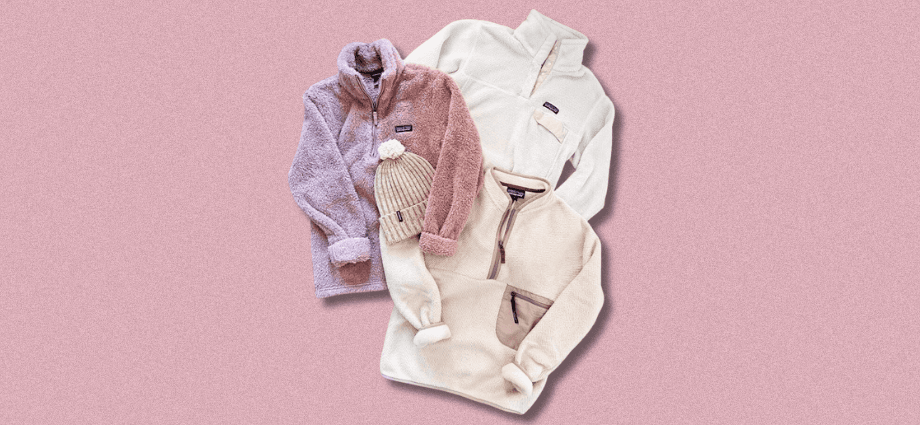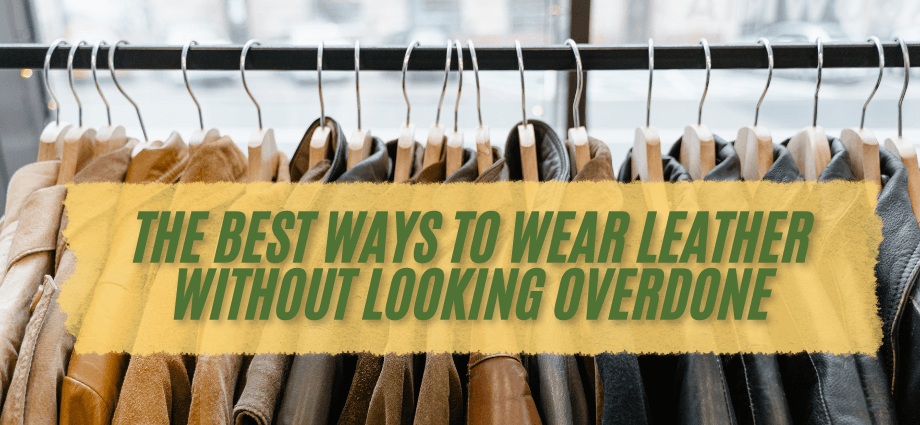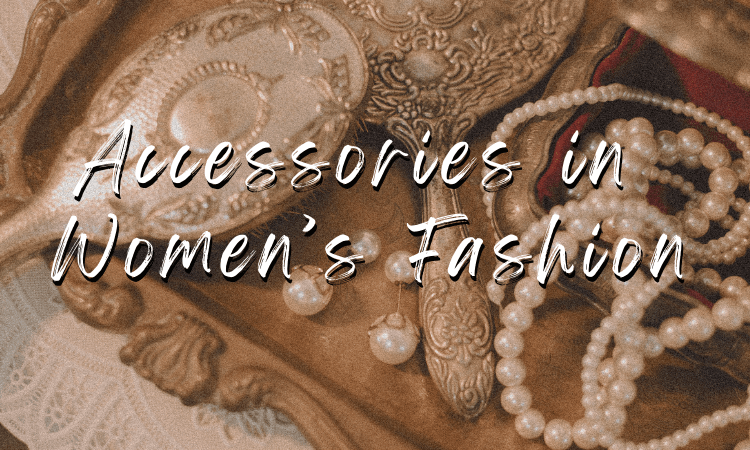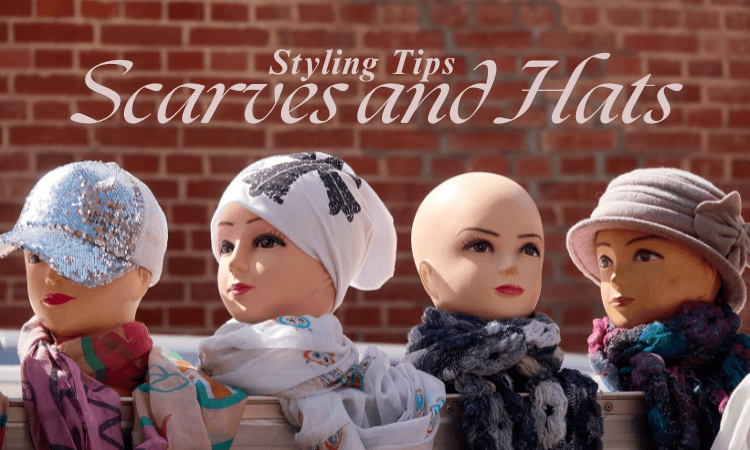In recent years, the fashion industry has seen a significant shift toward sustainability. With growing concerns about environmental damage, waste, and unethical labor practices, consumers are increasingly looking for brands that prioritize eco-friendly production methods and ethical business practices. Sustainable fashion is no longer just a trend; it’s an essential movement towards creating a better future for the planet.
Why Choose Sustainable Fashion?
Sustainable fashion focuses on reducing environmental impact and promoting ethical labor practices. Choosing sustainable fashion helps reduce waste, conserve resources, and ensure fair treatment of workers.
Environmental Impact
The fashion industry is one of the largest polluters in the world, responsible for vast amounts of water usage, carbon emissions, and toxic waste. From the overuse of water in cotton farming to the production of synthetic materials that take hundreds of years to break down, fast fashion has a significant negative impact on the environment. Choosing sustainable fashion brands helps reduce the environmental footprint of the clothing we buy. These brands often use organic materials, recycled fabrics, and environmentally-friendly production processes that promote a cleaner planet.
Supporting sustainable fashion can also have a broader environmental impact by promoting ethical treatment of natural resources. Sustainable brands often focus on reducing waste and repurposing materials, preventing them from ending up in landfills. This circular approach to fashion is vital for reducing the overall environmental harm caused by the industry.
Ethical Practices
Another key factor in choosing sustainable fashion is the ethical treatment of workers. Many sustainable brands prioritize fair wages, safe working conditions, and transparency in their supply chains. By supporting brands that adhere to ethical labor practices, consumers can ensure that their purchases contribute to a more just and equitable global economy.
Sustainability in fashion extends beyond materials to include labor practices. Brands that commit to fair trade, worker empowerment, and ethical labor practices ensure that workers in developing countries or less fortunate regions have a safe working environment and are paid a fair wage for their work. This added layer of sustainability is often just as important as environmental concerns when selecting sustainable brands.
Quality Over Quantity
Sustainable fashion focuses on quality rather than quantity. Fast fashion encourages overconsumption by producing inexpensive, disposable clothing. In contrast, sustainable brands offer high-quality garments that last longer and stand the test of time. Better craftsmanship and long-lasting materials mean that sustainable clothing tends to withstand wear and tear, making it a smart long-term investment for consumers.
Sustainable fashion encourages a shift from buying many inexpensive items to investing in a few key pieces that are durable, versatile, and timeless. These high-quality garments, made from eco-friendly fabrics, are likely to last much longer than low-cost fast fashion alternatives.
Top Sustainable Women’s Fashion Brands
Supporting these brands helps encourage a shift toward a more responsible and conscious fashion industry.
1. Patagonia

High-quality outdoor wear, recycled materials, and fair labor practices.
Patagonia is a leader in the sustainable fashion industry, known for its commitment to environmental activism and high-quality products. The brand uses eco-friendly materials such as recycled polyester, organic cotton, and wool in its products. Patagonia also focuses on creating durable outdoor gear that lasts, and the company encourages customers to repair or trade in their old Patagonia items.
Patagonia’s “Worn Wear” program promotes a circular economy by encouraging customers to buy used items or trade in their old gear. This initiative allows Patagonia to reduce waste and promote sustainability while ensuring that their products remain in use longer.
What sets them apart: Patagonia’s commitment to reducing environmental impact through recycling, reducing waste, and supporting fair labor practices is what sets them apart. They also donate a percentage of their profits to environmental causes.
2. Reformation

Trendy designs and sustainable fabrics.
Reformation is one of the most fashionable sustainable brands around, offering everything from chic dresses to casual wear. The brand uses eco-friendly materials such as organic cotton, deadstock fabrics, and Tencel. Reformation’s transparency about its environmental impact and its efforts to reduce waste make it a top choice for fashion-forward, eco-conscious consumers.
Reformation’s design aesthetic is modern, feminine, and flattering, which appeals to a wide range of customers. Their commitment to sustainability is visible in every aspect of the production process, from sourcing materials to manufacturing and packaging.
- Dresses made from organic cotton
- Tops crafted from Tencel
- Jeans from sustainable denim
What sets them apart: Reformation stands out for its trend-forward collections, transparency, and commitment to using sustainable materials. The brand is also committed to sustainability through initiatives like their carbon-neutral footprint and waste-reducing production methods.

3. Stella McCartney
High-end fashion with a commitment to sustainability.
Stella McCartney is a luxury brand known for its innovative approach to sustainable fashion. The brand has long committed to using sustainable materials, including organic cotton, recycled fabrics, and eco-friendly alternatives to leather and fur. Stella McCartney’s dedication to sustainability has earned the brand a reputation for being an ethical choice in luxury fashion.
The brand’s iconic collections, which include high-end dresses, outerwear, and accessories, are all made without leather, fur, or other animal-based materials. Stella McCartney has become a leader in luxury fashion sustainability, making high-end fashion more environmentally conscious.
Popular Products:
- Dresses made from organic materials
- Outerwear crafted from sustainable wool
- Vegan leather bags
What sets them apart: Stella McCartney is known for its luxury, ethical fashion. They continue to innovate by creating alternatives to animal-based materials, and the brand advocates for reducing waste and pollution throughout its entire supply chain.
4. Everlane
Minimalist fashion and transparent business practices.
Everlane is a minimalist brand focused on sustainable fashion and ethical manufacturing. The company’s transparency about its supply chain and environmental impact has made it popular among eco-conscious shoppers. Everlane uses sustainable materials like organic cotton, recycled polyester, and Tencel, and it is committed to fair labor practices.
Everlane has built a reputation for offering versatile wardrobe staples that appeal to consumers who prefer simple, timeless designs. Their commitment to sustainability extends beyond the use of eco-friendly fabrics, as they also emphasize reducing waste and improving the environmental footprint of their production process.
Popular Products:
- T-shirts made from organic cotton
- Sustainable denim jeans
- Shoes made from recycled materials
What sets them apart: Everlane’s radical transparency, which shows customers the true cost of production, makes it one of the most customer-friendly sustainable fashion brands. The brand’s commitment to fair wages, ethical factories, and eco-friendly materials ensures a more sustainable shopping experience.
How to Identify Sustainable Fashion Brands
When looking for sustainable fashion brands, here are some tips to consider:
Look for Certifications
Certifications like Fair Trade, Global Organic Textile Standard (GOTS), and B Corp ensure that a brand meets high ethical and environmental standards.
Consider Material Choices
Sustainable brands often use organic cotton, Tencel, recycled polyester, and other eco-friendly materials. Avoid brands that rely on synthetic fabrics like polyester, which can be harmful to the environment.
Transparency in Manufacturing
Ethical brands provide transparency in their manufacturing processes. Look for brands that openly share information about their sourcing, production practices, and environmental efforts.
Conclusion
Choosing sustainable women’s fashion brands is not just about making an ethical choice, but also about investing in high-quality, long-lasting pieces. Brands like Patagonia, Reformation, and Stella McCartney offer stylish options made from eco-friendly materials and produced under ethical working conditions. As consumers, we have the power to support brands that prioritize both the planet and the people who make our clothes, driving positive change in the fashion industry.



